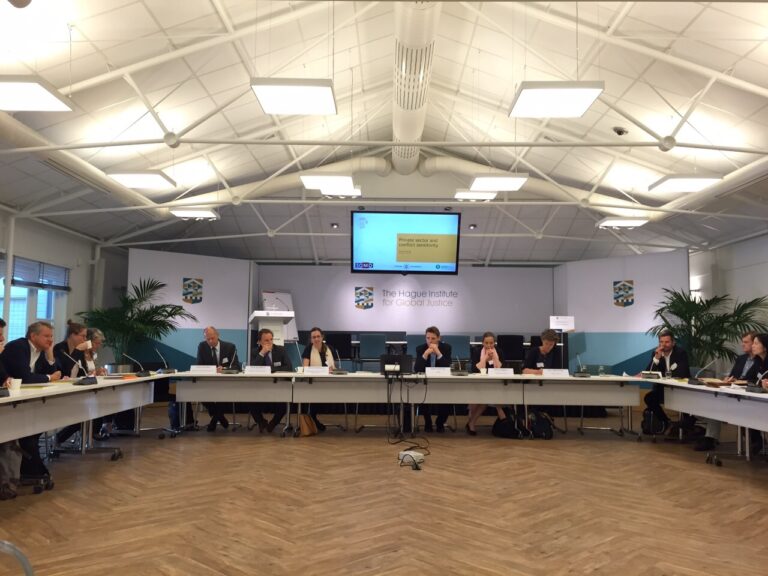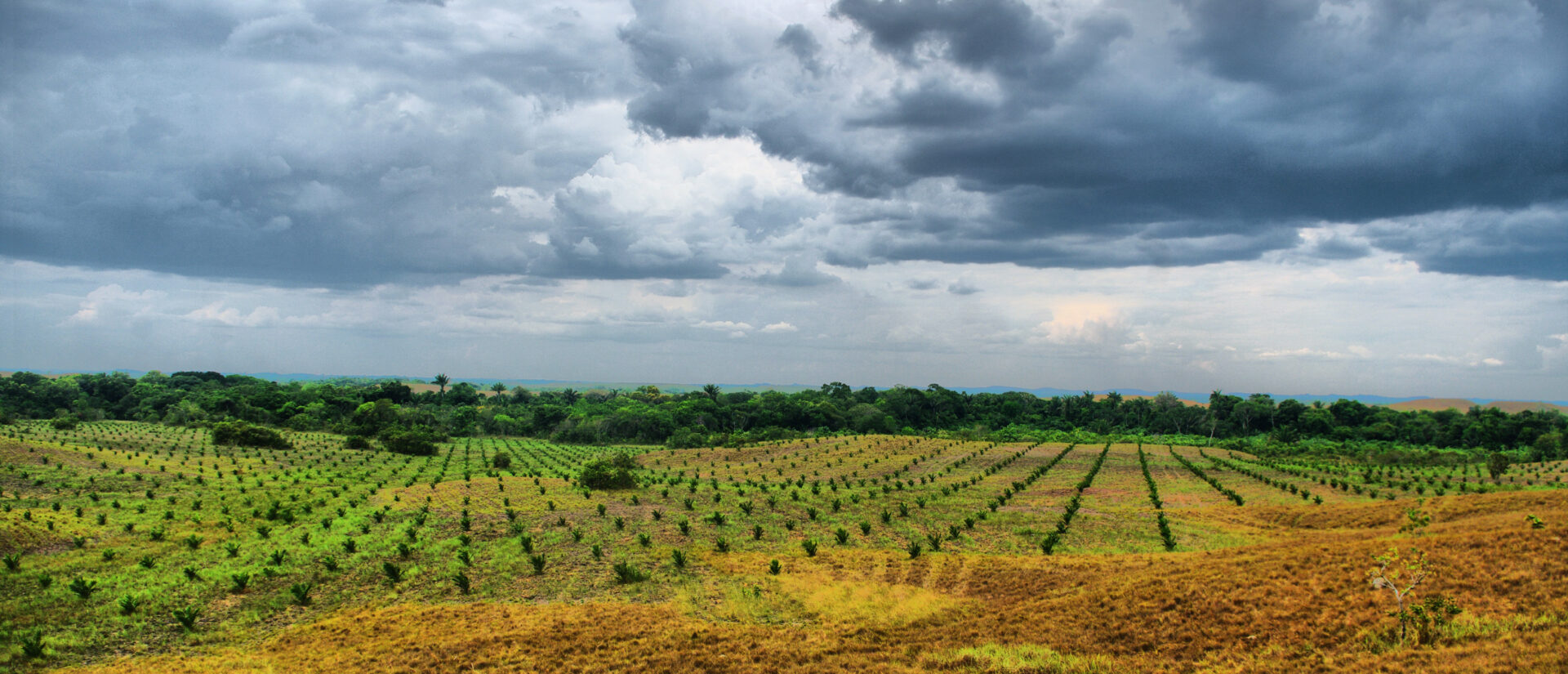
Palm oil, land rights and conflict in Colombia
Palm oil is used for everything, from food and household products to make-up and biofuel. In the last 10 years palm oil production has doubled worldwide. Colombia benefited by becoming one of the largest exporters. But at a cost.
Reconquering and dispossession in the Altillanura
New research by SOMO and INDEPAZ titled Reconquering and dispossession in the Altillanura: The case of Poligrow concludes that in a country where land disputes were a key driver of the civil war, and where territorial issues are highly contested, land-intensive sectors like palm oil risk creating renewed conflict and caution is warranted. The report shows how the company Poligrow has failed to operate with caution and has therefore contributed to human rights violations and instability in an already fragile context such as the Meta region in Colombia.
Colombia has witnessed land conflicts and civil war for more than half a century. A war that is rooted in unequal distribution of land, and rife with disputes over land control. Despite favourable reports of enhanced security and political stability, the country still finds itself in a fragile peace, where conflicts continue or are easily reignited; in many regions peace has yet to come.
Free trade agreement between Colombia and Europe
In recent years, Colombia has been actively attracting private sector investments in order to increase the economic development of the supposedly post-conflict country. The free trade agreement between Colombia and the European Union plays a crucial role in facilitating this foreign investment. One of these foreign investors is the Spanish-Italian company Poligrow, which settled in Colombia in 2008. Critics question the benefits of this agreement for Colombia, and stress the complexity of foreign investments in conflict-affected areas: ‘Foreign investments can only contribute to restoring peace if the investors take an explicit stand. They must stand up against inequality and promote employment, inclusiveness and sustainable growth. That is not what Poligrow is doing. Their activities in no way show that they have understood the regional context, the companies’ role in the fragile region and the history of land control’, says Anne-Marie Mineur, member of the European Parliament.
Although Poligrow claims to have contributed to local development, the research paper sheds light on the many negative impacts of their operations. Though Poligrow might claim not to be involved in the conflict, in a context where different armed groups fight for control over land and drug trade, and where most of the land is disputed, it is impossible not to become – directly or indirectly – entangled in the civil war.
Violations
SOMO and INDEPAZ found many high-risk situations during the field work in the Meta region. These relate mainly to failures in community participation; lack of transparency of its complex corporate structure and tax payments; irregular situations in land acquisition, labour relations and environmental sustainability.
The case of Poligrow thus shows how these booming large-scale economic initiatives, such as extensive oil palm plantations, can lead to an increase in land dispossessions and at the same time consolidate an inequitable, discriminatory and undemocratic economic model. These investments rather increase the instability than enhance stability, as they collide head-on with the root causes of the conflict: the unequal distribution of land.
Partners
Related content
-
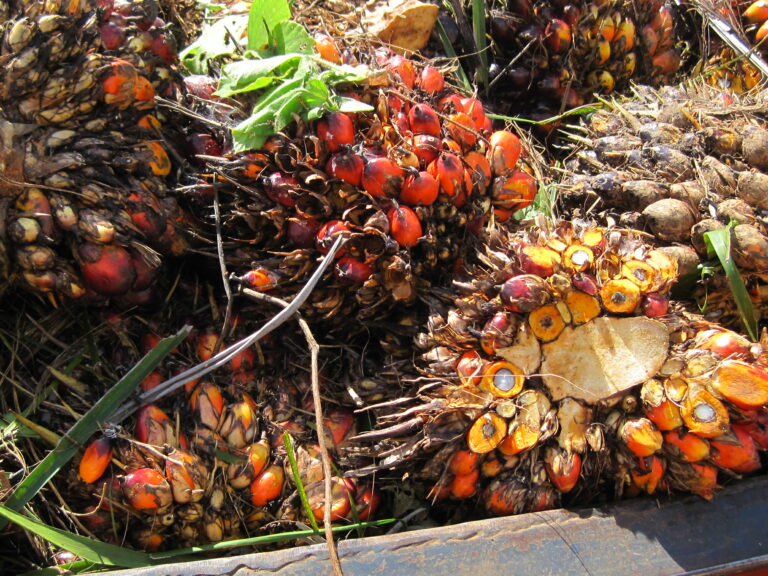 ‘Roundtable on Sustainable Palm Oil’ announces investigation into Poligrow’s activitiesPosted in category:NewsPublished on:
‘Roundtable on Sustainable Palm Oil’ announces investigation into Poligrow’s activitiesPosted in category:NewsPublished on: -
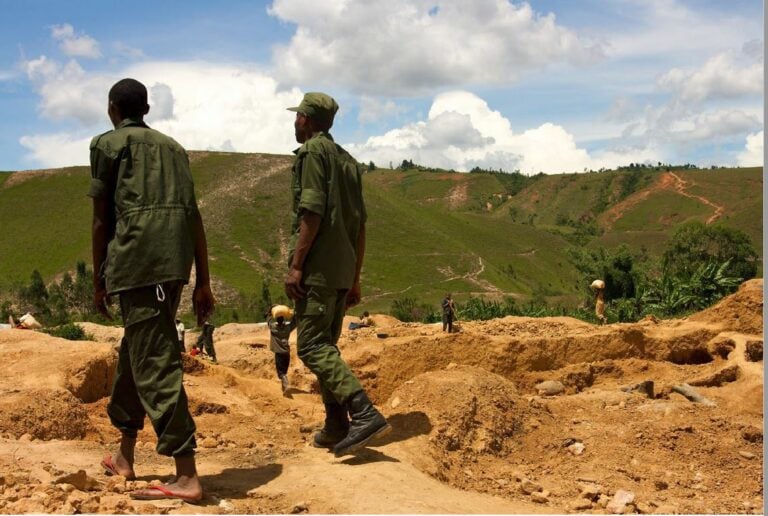
-
Multinationals and Conflict Published on:Mark van DorpPosted in category:PublicationMark van Dorp
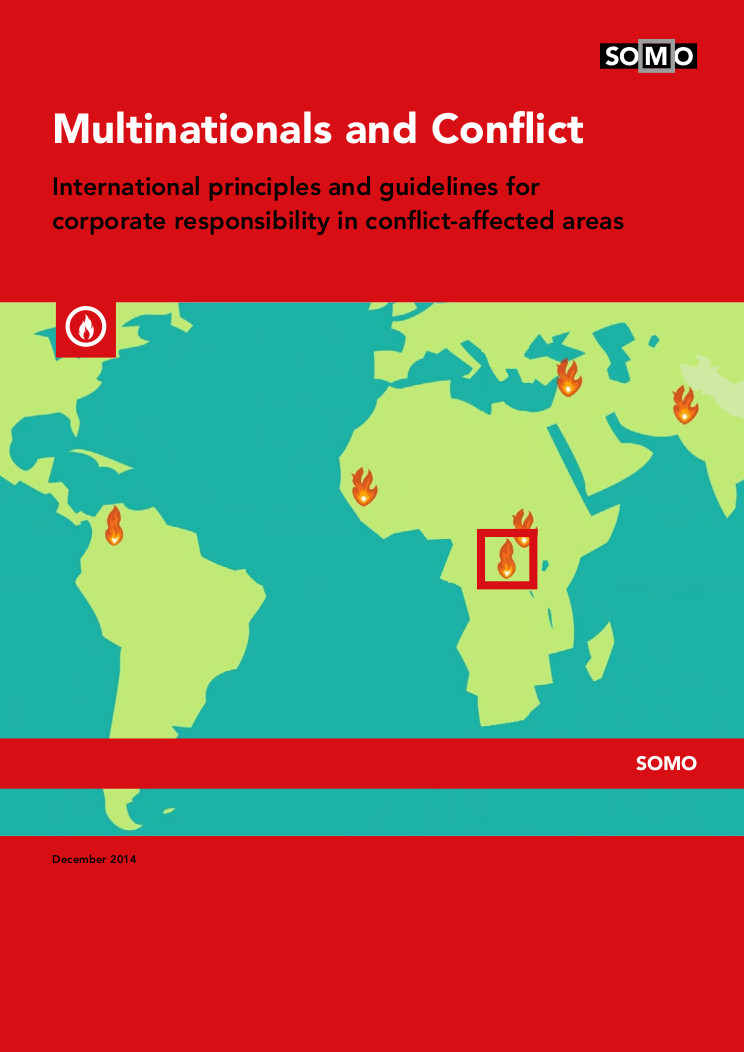
-
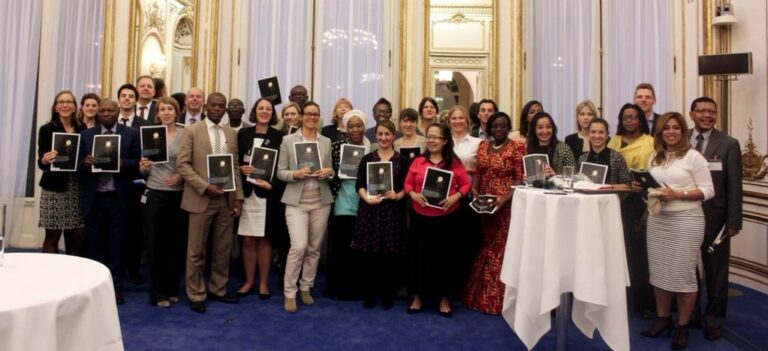
-
 Esther de HaanPosted in category:Publication
Esther de HaanPosted in category:Publication Esther de Haan
Esther de Haan -
